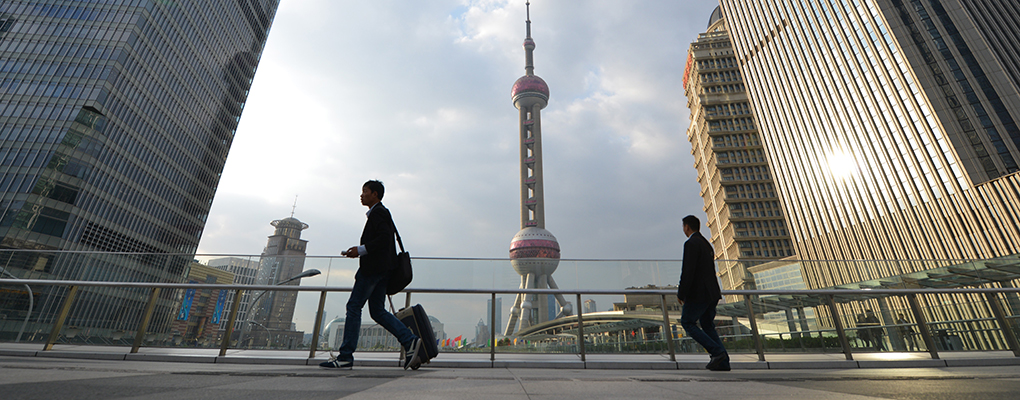
China’s GDP growth was down 0.3 percent from 2013 at 7.4 percent, marking the slowest rate of growth since global sanctions against the country in 1990, following the Tiananmen Square massacre, stalled its expansion.
The slumped growth also marked the first time GDP growth has fallen below the target (set at around 7.5 percent for the year) since the 1998 Asian economic crisis hit the country.
GDP growth is expected to carry on at a slow rate over the next few years
The news confirmed expectations late in the year of a slowdown resulting from tumbling prices in real estate and energy, and weak domestic demand. Final quarter results were nevertheless slightly above predictions, at 7.3 percent – equal to the previous year.
GDP growth is expected to carry on at a slow rate over the next few years. The World Bank’s projections for 2015 GDP growth have now been lowered from 7.2 percent (predicted in October – already down from an estimated 7.5 percent in June) to 7.1 percent. The IMF predicts an even lower rate of 6.8 percent for the year, and it’s projected to fall further in 2016 to 6.3 percent. That’s compared to consistent pre-crisis levels of over 10 percent.
Beijing is reported to have been fairly receptive to the slowdown as it gradually attempts to shift from its investment, export and credit-driven economy to a consumption-driven one. “This is the best possible miss you could have from a messaging standpoint”, Andrew Polk, Economist at the Conference Board in Beijing, told Reuters. “The government is saying, ‘we’re not married to this specific target, we missed it and we’re okay.’ That seems to me a quite positive development.”
Others are less optimistic, however. According to the IMF report the slump is likely to have an impact on emerging economies elsewhere in Asia, and the World Bank has warned of its potential consequences on the rest of the world. “Although a low-probability risk given significant policy buffers, the slowdown in China could turn into a disorderly unwinding of financial vulnerabilities with considerable implications for the global economy,” it said in a report.
Late in 2014 the IMF put China’s economy as the largest in the world – $17.6trn – in terms of PPP, as the US slipped behind for the fist time in over 140 years. Beijing has contested the claim, however, arguing against the reliability of the PPP measure.


